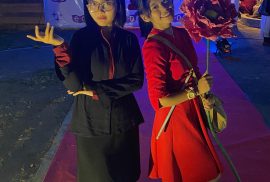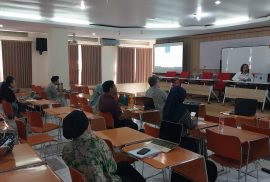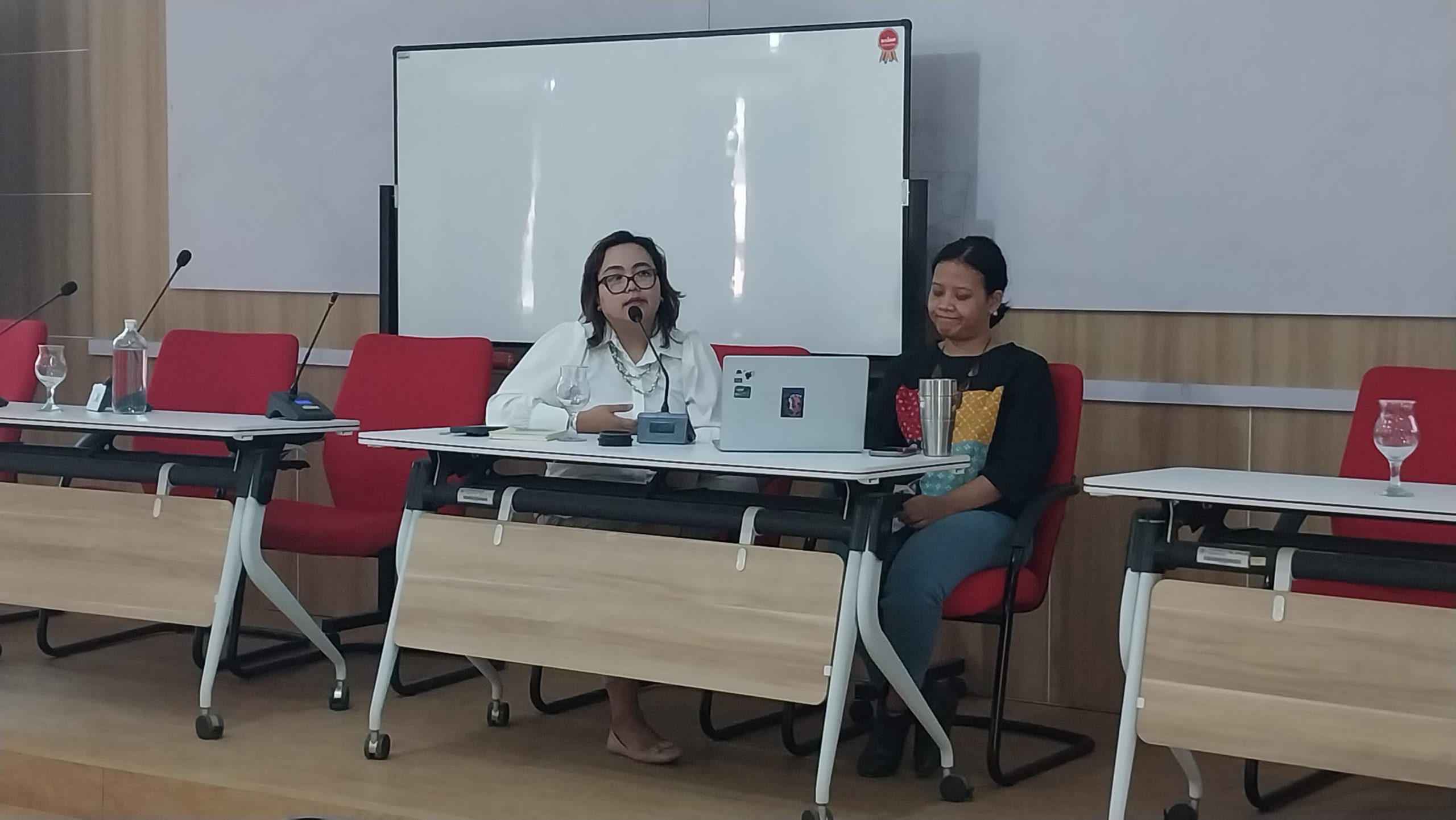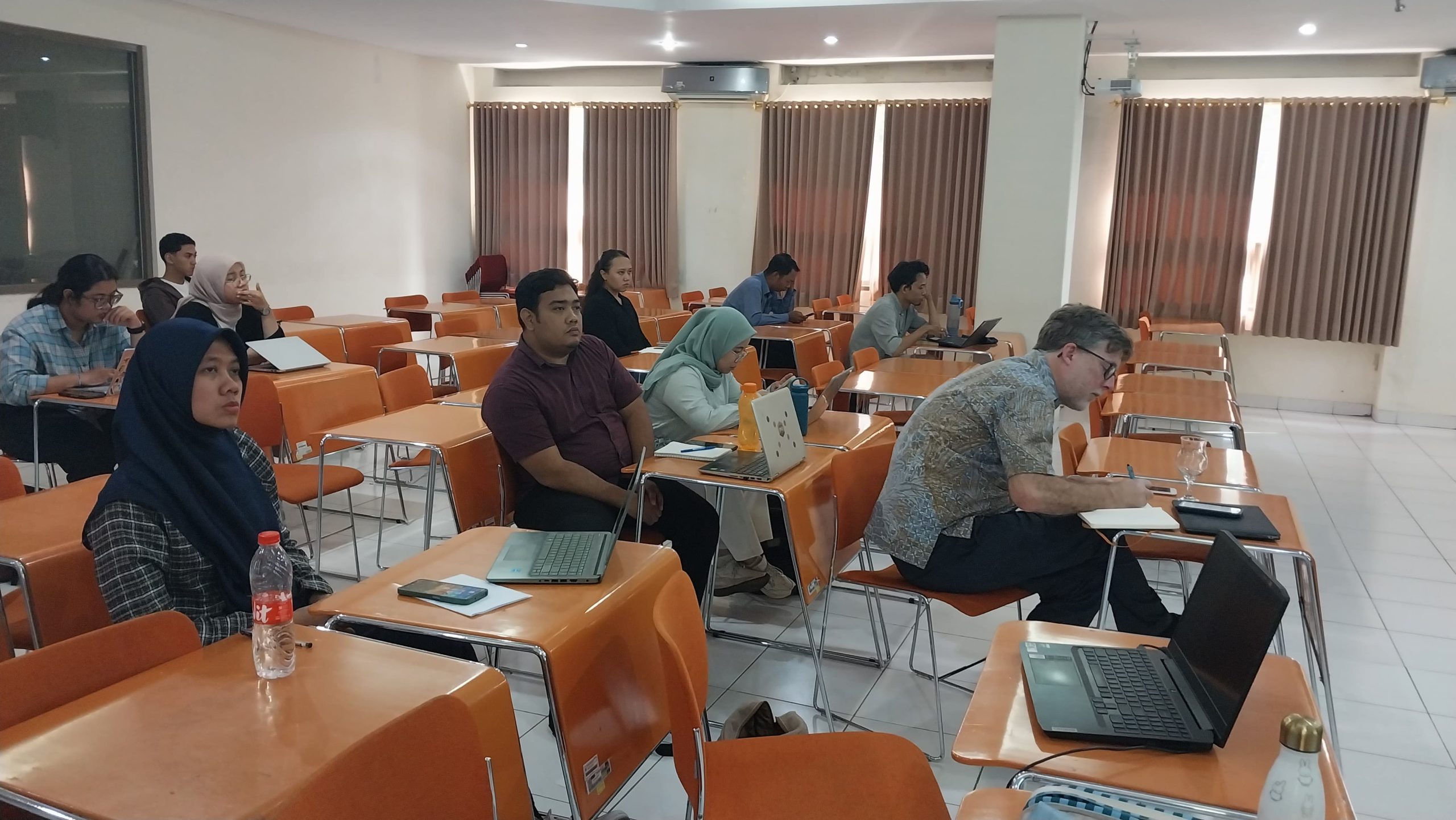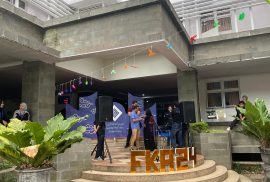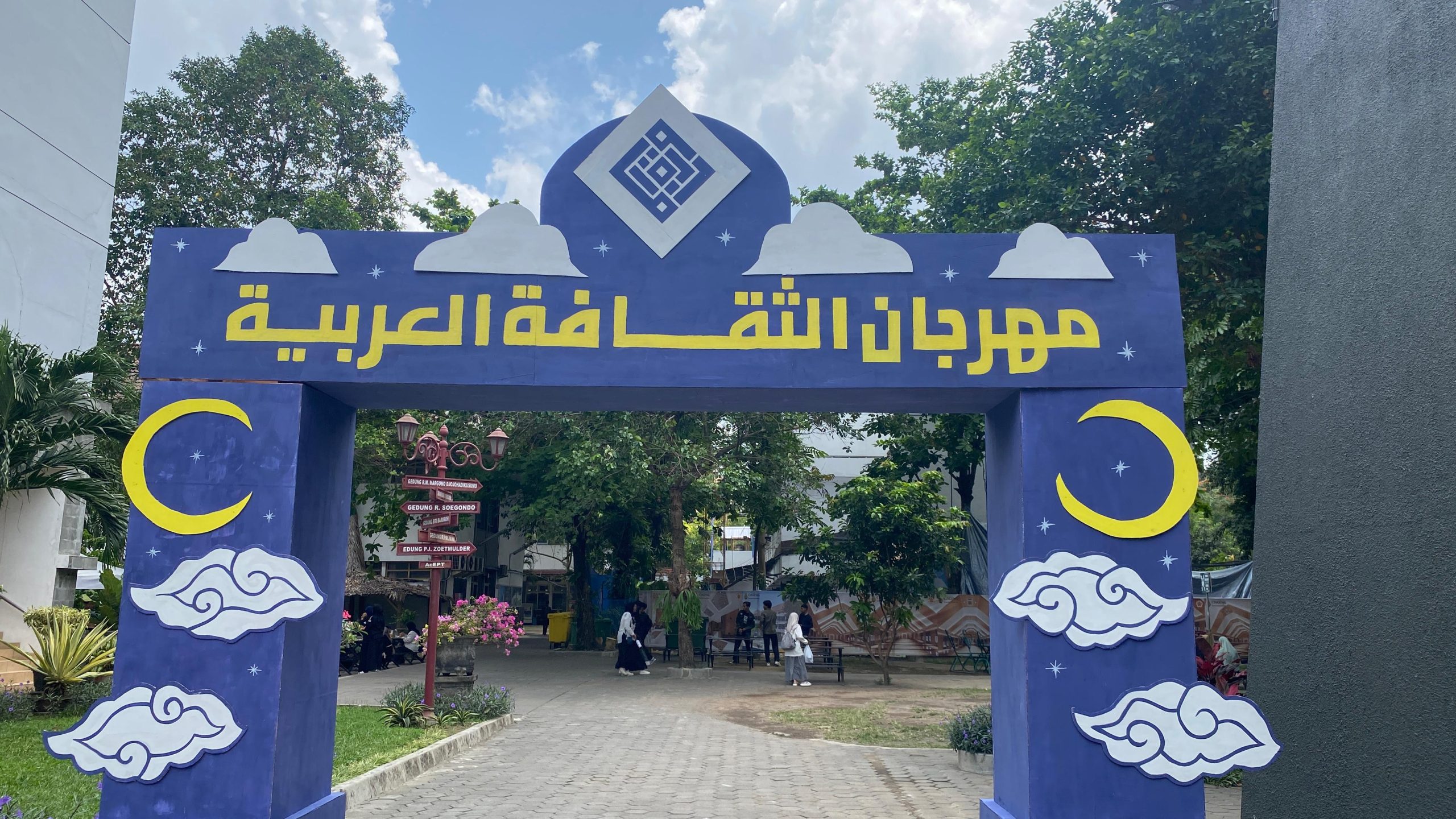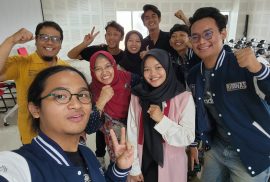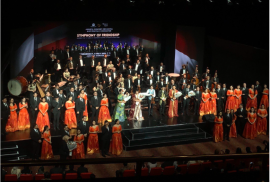Yogyakarta, November 1, 2024 – English Days 2024 at the Faculty of Cultural Sciences Universitas Gadjah Mada became a colorful and festive event, with the theme “A Step Into The Centre Stage”. With this theme, English Days invites participants to explore the journey of ambition, success, and the struggle to maintain identity in the public spotlight. The event took place from October 29 to November 1, 2024, presenting a series of events ranging from exhibitions, costumes, to theater.
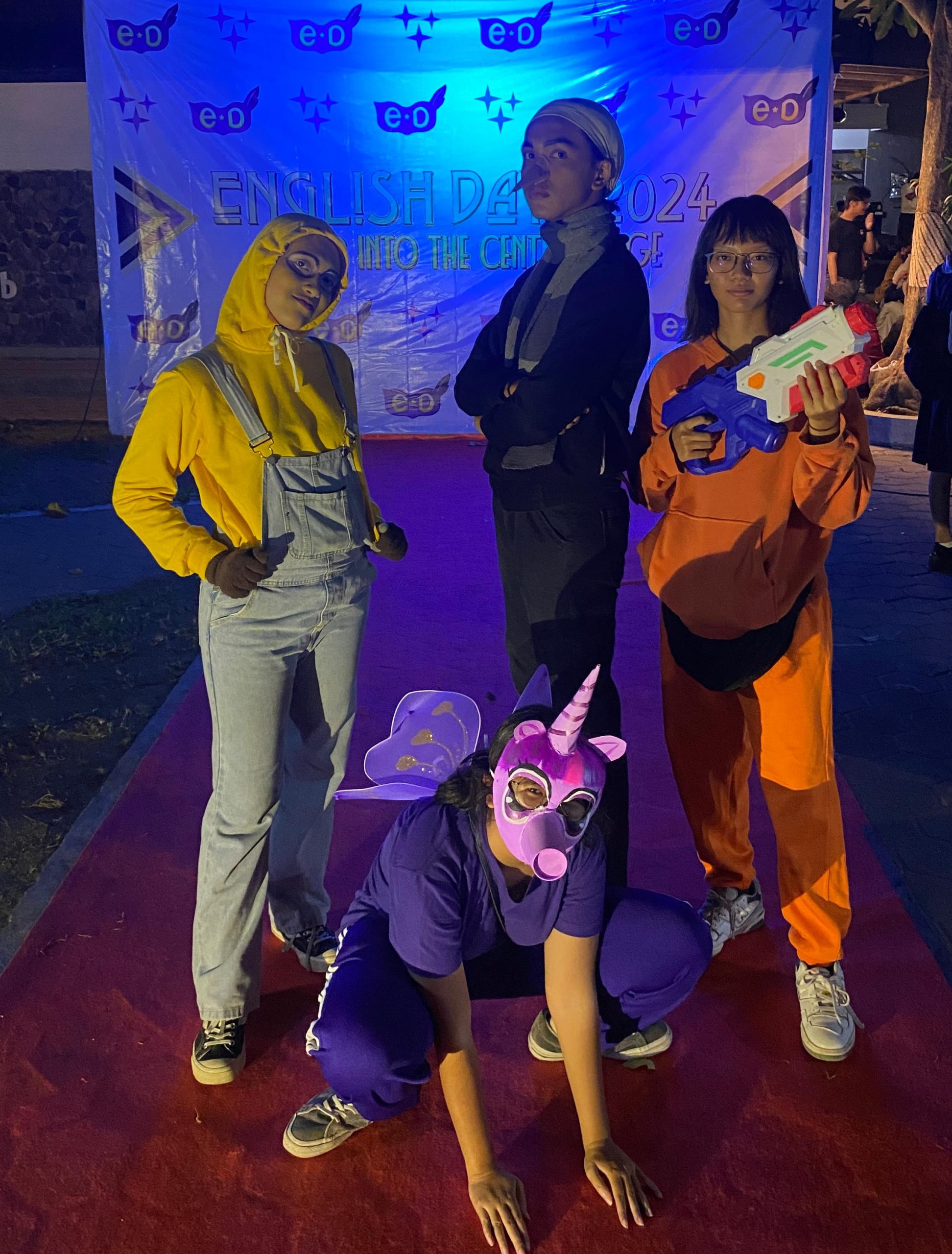
One of the highlights of the event is the Costume Part, held on October 30, 2024. Taking inspiration from the Art Deco era and combining it with a touch of horror glamor, participants came in droves in a variety of interesting costumes. From characters such as Minions, Harry Potter, and Wednesday, to other iconic figures that combined humorous and spooky elements.
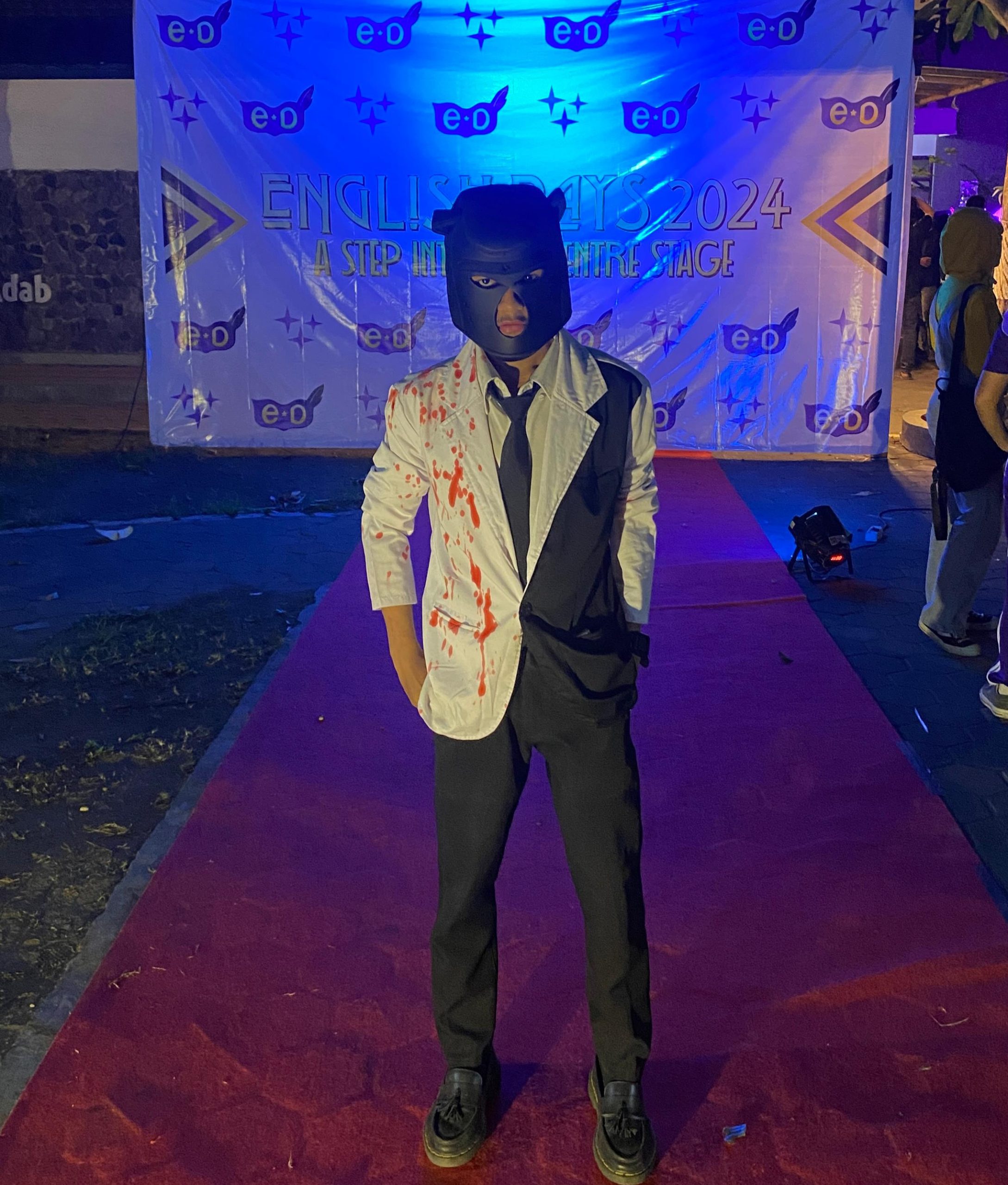
The costume competition also challenged participants to win awards in various categories, such as Best Couple Costume, Best In-Theme Costume, Scariest Costume, and Best Budget Costume. With burning enthusiasm, the students of the Faculty of Cultural Sciences competed for the best title and enlivened the Halloween party held in conjunction with this activity. English Days 2024 became a stage that proved the talent, creativity, and passion of the students, creating unforgettable moments for all participants.


